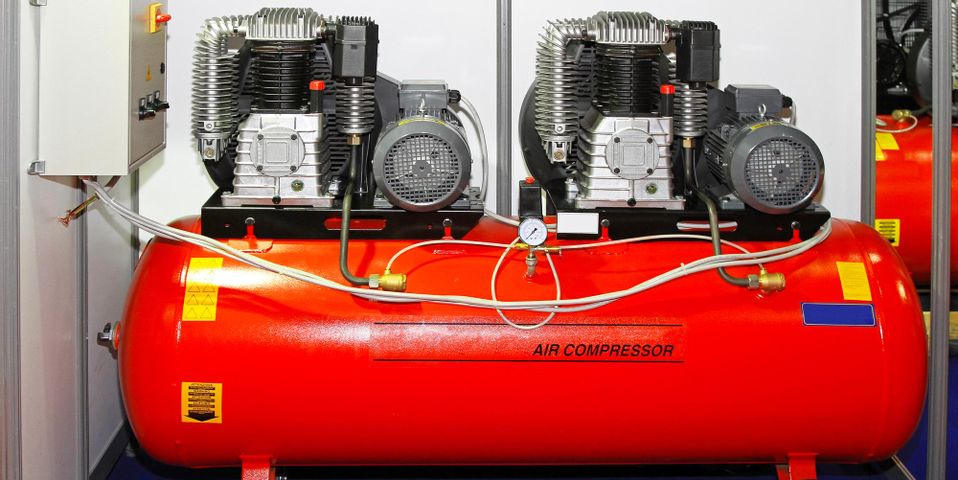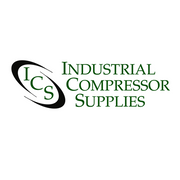A Guide to Air Compressor Lubricant

Air compressor lubricants are essential for maintaining the equipment it is applied to. Without them, it’s only a matter of time before your oil-based compressor runs less efficiently, breaks down, and eventually needs replacement. However, not many owners know what lubricant to get and how different materials can impact the machinery. Consider the following guide to get you started.
What to Know About Air Compressor Lubricant
1. It Differs from Motor Oil
Air compressor lubricants are not the same as motor oil. The latter contains detergents, which benefit an internal combustion engine by neutralizing impurities and deposits that cause sludge formation. With air compressors, these additives can damage the seals and lead to more carbon buildup. This can lead to premature failure or an inability to function correctly. That’s why you should refrain from using engine oil, even if it doesn’t have detergent as an ingredient.
2. It Does More than Lubricate
 Apart from minimizing machine wear, air compressor lubricants act as a sealant and reduce corrosion and various chemical reactions from compressed gases. The oil becomes a barrier that prevents air from leaking out of the cylinder, which allows for more efficient performance. It also cools the air that enters the storage tank, reducing moisture buildup and preventing rust and corrosion due to the heat difference.
Apart from minimizing machine wear, air compressor lubricants act as a sealant and reduce corrosion and various chemical reactions from compressed gases. The oil becomes a barrier that prevents air from leaking out of the cylinder, which allows for more efficient performance. It also cools the air that enters the storage tank, reducing moisture buildup and preventing rust and corrosion due to the heat difference.
3. It Comes in Varying Weights and Kinds
Not all air compressor lubricants are the same since they vary according to the machine’s design and the compressed gases used. When choosing, know which of the four gases—air, hydrocarbon, chemically active, and inert—is inside the machine. There are other special considerations to factor in during the selection process. For instance, between standard and synthetic compressor oil, the latter works better for machines used in the industrial setting.
Synthetic lubricants come in three options, namely, polyalkylene glycol (PAG), esters (diester and polyolester), and polyalphaolefin (PAO). PAGs and esters are better at dissolving sludge and deposits, but the latter is more compatible with seal and gasket materials. On the other hand, PAOs offer top-notch hydrolytic stability but weak solvency for deposits.
Keep in mind that the weight of air compressor lubricants varies according to climate. Similar to motor oils, it’s best to use thicker, denser lubricants in warmer weather and less viscous ones when it’s cold outside.
4. It Requires Changing Regularly
Like most fluids, air compressor lubricants need replacement regularly as they accumulate deposits and sludge. They turn dark over time because of the buildup, so check the condition and levels before heavy usage. At the very least, change the oil between 500 to 1,000 operating hours to ensure your machine’s efficiency and lifespan. If you’re on the conservative side, replace it every 250-hour interval.
For premium-quality air compressor lubricants, look no further than Industrial Compressor Supplies in Maryland Heights, MO. With over 25 years of experience in the industry, they’ve provided top-notch air compressor parts and supplies to clients across the St. Louis area. Call (877) 426-3131 for inquiries on available air compressor supplies or search their extensive inventory online.
About the Business
Have a question? Ask the experts!
Send your question

